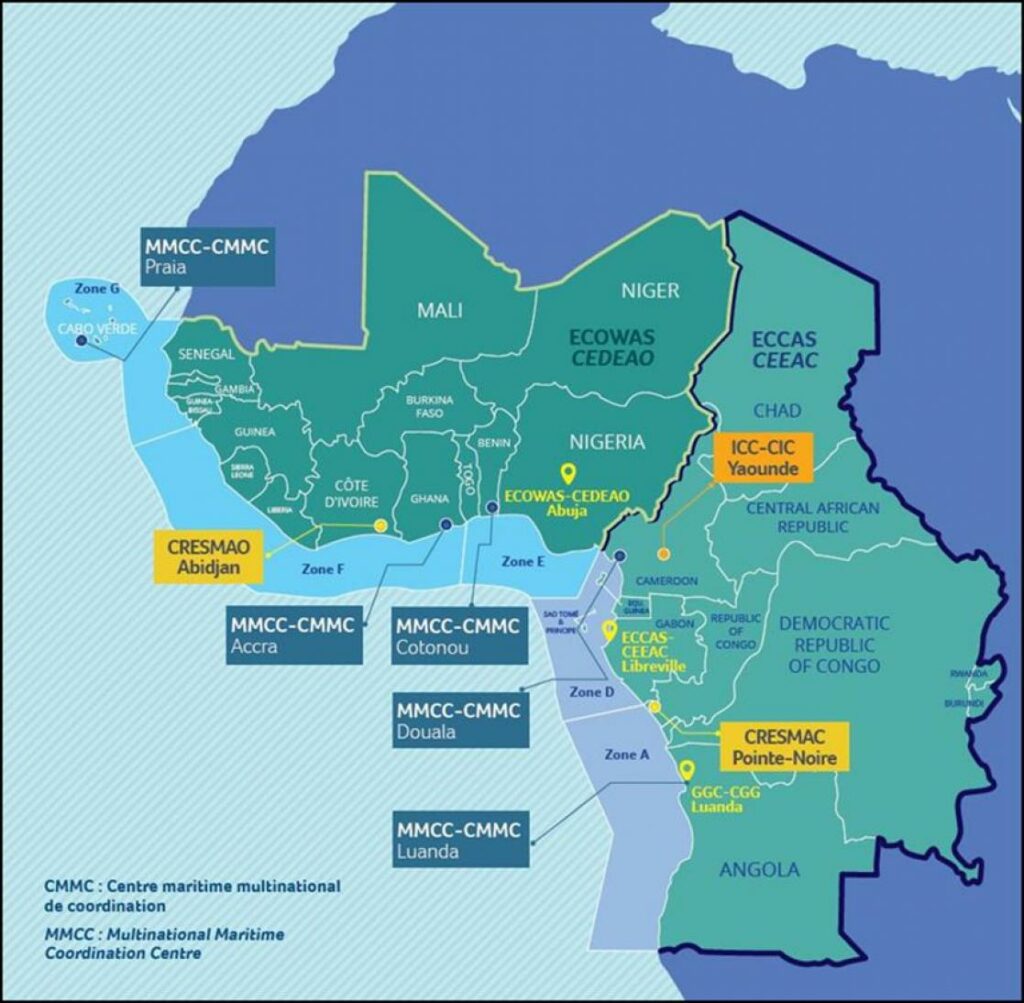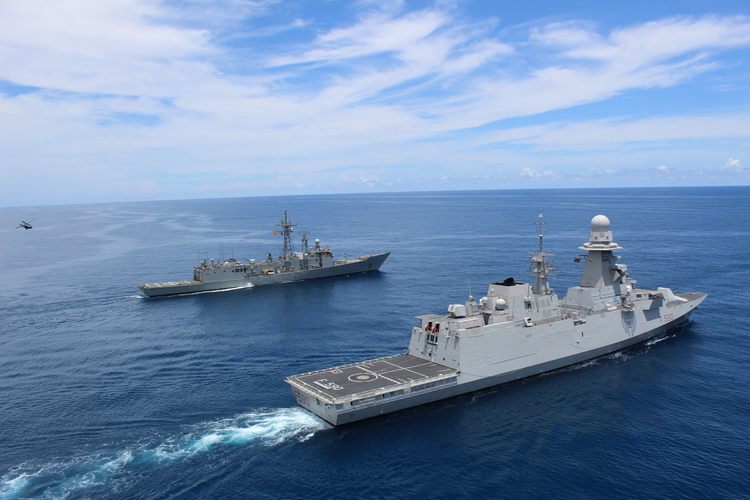The EU plans to launch a new civil-military mission in the Gulf of Guinea in West Africa in autumn in order to contain the threat posed by jihadist groups, as the bloc seeks to stem the tide of growing instability in the region.
EU member states agreed on the mission at a meeting on 3 August, with police and soldiers deployed to Ghana, Togo, Benin and Ivory Coast.
The mission’s aim will be to “assist the four countries in redeploying state services in their northern region in an effective and accountable way,” Nabila Massrali, EU’s foreign affairs spokesperson, confirmed to EURACTIV.
Extremist groups linked to the Islamic State and al-Qaida have spread in the Sahel region, and particularly in Mali, Niger and Burkina Faso in recent years, with the region becoming increasingly unstable.
The new EU mission will include training and advising local security forces, helping prepare for anti-terror operations, giving technical support and implementing confidence-building measures in the security sector “to enhance human security as well as social and economic conditions of the local population,” Massrali said.
It is expected to initially last two years, with the number of deployed police officers and soldiers still to be determined.
The mission is set to be formally launched after formal approval is given by EU foreign ministers this autumn, which is likely to be at their next regular meeting in October in Luxembourg.

The EU previously launched a three-year military mission in Niger in 2022 to help combat terrorism in the region.
The move comes amid increased EU concern over a wave of instability that has gripped the region, with several countries falling by military coups in Mali, Burkina Faso, Niger and Gabon.
The attempted coup in Gabon, which was announced by a group of army offices on Wednesday, follows disputed presidential elections last weekend.
The government of President Ali Bongo Ondimba, whose family has held the presidency since 1967 and was running for a third term, cut off the Internet and imposed a ban on the major French broadcasters on polling day. He was later declared the victor with the opposition, led by former education minister Albert Ondo Ossa, pointing to widespread electoral fraud and intimidation.
Unlike in the Sahel region, the coup is not thought to be motivated by lingering anti-francophone sentiment or Russian interference.
However, it could have consequences for the Economic Community of West African States (ECOWAS), the regional bloc which has threatened military intervention, a stance backed by the EU, to remove the junta in Niger and restore the elected government of President Mohamed Bazoum.
The sense of a ‘domino effect’ is also likely to increase fears among other African states in the region that they could also face military unrest.
Source: EURACTIV






